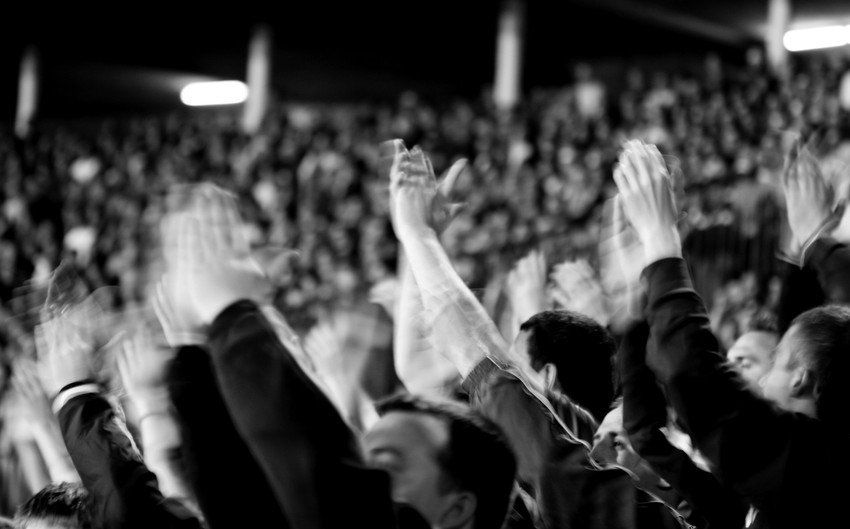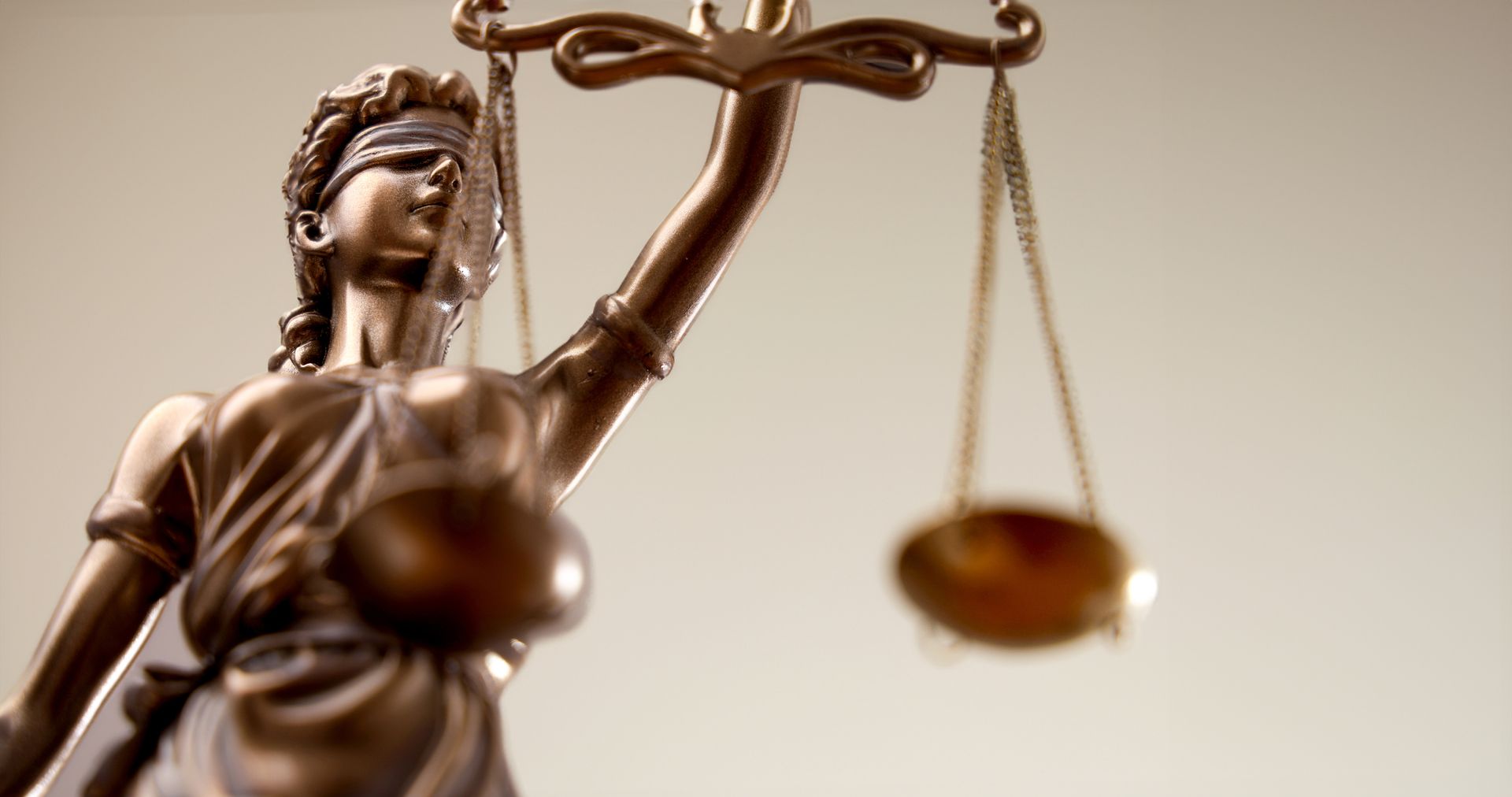Football Crimes: What is a Football Banning Order?

Although football hooliganism is a lot less common than it has been previously, football related crimes do still occur and you may find yourself in the middle of a dangerous situation. In many cases a moment of passion can have unfortunate consequences such as a fight breaking out or breaching the peace. These instances are not taken lightly by the law. If you have been convicted of a football related offence then the court can impose a banning order which can last anywhere from two to ten years.
But what does this mean for you? In this blog we explain all you need to know about football banning orders and what you can do to prevent them.
What is a football banning order?
A football-related offence is one that is directly connected to a football match but the crime does not have to take place in a football ground, they can be committed during the time spent traveling to or from a match or within a relevant period surrounding a game. They are usually imposed by the court, but the police can also apply for one to be served to those they believe have caused or contributed to football related violence.
When football banning orders were first introduced in 1989 they were designed to prevent football hooliganism. However, relevant offences also include:
●Disorderly behaviour
●Threat of violence
●Racial chanting
●Possession of alcohol or entering the ground drunk
What are you banned from doing?
Individuals are usually banned from attending games both home and abroad (you may have to hand in your passport if your team plays internationally) and other conditions can be imposed on a case-by-case basis.
●Banned from using public transport on match days
●Visiting areas that are seen as ‘hotspots’ for football violence such as bars, pubs and town centres
●Required to visit a police station after the order has been made to have photographs taken so police can identify if they breach their order
If you believe you have been wrongly convicted you are entitled to legally fight your case. If you choose to oppose an application that has been put against you, you or your representative will have a chance to put forward your argument. You can also apply to the court after two thirds of your order has been served, and the court will consider your behaviour since the incident and the nature of the offence.
If you need help fighting your case, then the first step is finding a professional lawyer with experience in football crimes. Lefevre Litigation based in Aberdeen, are the lawyers you can count on to get your football banning order lifted. To book your first appointment or speak to one of our team get in touch today.










